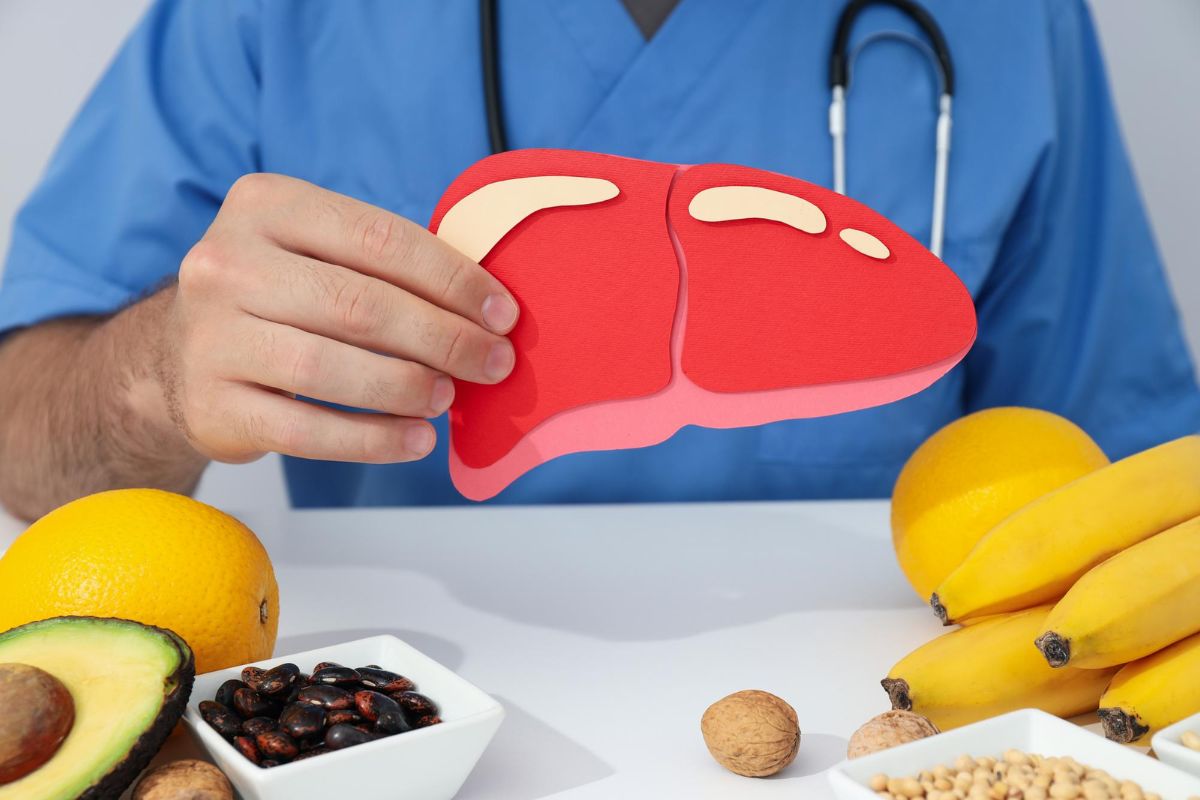Dietary Tips for Kidney Stone Prevention

Kidney stones are solid masses formed by the crystallization of minerals in the kidney or urinary tract. While passing through the urinary tract, these crystal solidifications cause pain and discomfort in the lower stomach and the areas from where they pass through the tract.
Kidney stones are a common problem faced by many people worldwide. Improper dietary practices often cause them. In this blog, we have gathered information on how diet management can help prevent kidney stones.
Understanding Kidney Stones
Kidney stones are caused by mineral crystallization, such as calcium, struvite, uric acid, and cystine. This crystallization occurs when urine contains more minerals than fluids and is deposited into the kidneys to form stones. The main cause of this mineral excessiveness is limited water intake, diet, and obesity, which can be impacted by family history and other medical conditions.
Early symptoms of kidney stones include severe back or side pain that does not go away easily, a burning sensation while urination, and finding traces of blood in your urine. These symptoms point toward the formation of stones in your kidney, and medical intervention is needed at the earliest stage possible.
Role of Diet in Kidney Stone Prevention
Some dietary habits can cause kidney stones. High intake of protein, sodium, and sugar can cause saturation of these minerals in your blood, and when the fluids in the body are less than these minerals, it results in kidney stones. High salt saturation in your diet causes calcium to increase, which puts an extra burden on your kidneys, increasing the risk of kidney stones.
Thus, it is suggested that you limit your consumption of excessive sugary or salty foods and increase your consumption of antioxidant foods and beverages.
Hydration: The First Line of Defense
Staying hydrated can help dilute the minerals in blood and urine, helping you avoid kidney stones. A deficiency of water in the blood results in saturated minerals that cause various other health problems. Hence, for ideal health, try to stay hydrated by drinking at least 2.5-3.5 liters of water daily.
If you are struggling to keep up with your water intake, try infusing fruits such as cucumber or citrus in so you get some flavor in the water, or drink from your favorite bottle so the bottle keeps you excited. While this may seem basic, it is an effective way to increase water intake for people of all ages.
Key Dietary Tips for Preventing Kidney Stones
Limit Oxalate-Rich Foods
Oxalate can be found in many natural foods, such as beets, spinach, and nuts. Excessive consumption of oxalate-rich foods can cause the formation of calcium oxalate stones in the kidney, which could be problematic. However, these foods should not be completely avoided; they should be consumed in moderation.
Reduce Sodium Intake
Sodium impacts the bloodstream directly, and when the kidney filters this blood, it can lead to the accumulation of calcium, which can cause stones to form. Thus, consuming less than doctor suggested amount of sodium daily is recommended to prevent kidney stones. Replace processed, canned, and fast foods with fresh whole foods with herbs and spices.
Control Calcium Intake
While calcium is an essential nutrient for the body, excessive consumption can cause the formation of kidney stones. Also, calcium supplements are much more harmful than calcium-rich foods and can lead to kidney stones. Thus, consuming calcium-rich foods in moderation instead of supplements is recommended for the best kidney and overall health.
Limit Animal Protein
Excessive animal protein consumption can increase uric acid levels in your blood and lead to uric acid stones. Animal protein also reduces citrate in the body, which could be helpful in the prevention of stones. So, it is recommended that animal protein intake be limited and plant-based protein alternatives be tried. This helps avoid the formation of kidney stones due to protein saturation.
Incorporate Citrate-Rich Foods
Citrate helps prevent kidney stones by binding with calcium in the urine, reducing the formation of calcium crystals. To increase your water and citrate intake, include citrate in your diet by including citrus fruits such as lemons, limes, and oranges. You can also try citrus-infused water. This can be prepared by soaking a few pieces of citrus and mint in a water bottle for a couple of hours before straining and drinking it. You can also eat the fruits afterward. However, make sure you consume citrus-rich foods in moderation and avoid overconsumption.
Additional Lifestyle Tips
Kidney stones can also be caused by body weight and BMI. If your weight is not maintained according to height, it may increase the risk of kidney stones and other health factors. Hence, try keeping a healthy weight, indulge in regular physical activities, and adjust your weight based on your health needs.
Consultation with Healthcare Providers
Each person’s diet depends on health and hormonal factors. A healthcare professional specialized in crafting a personalized diet plan can examine these factors. Also, have regular health checkups to monitor your health conditions and analyze risk factors.
Conclusion
While many nutrients and minerals are essential for the body, excessive consumption can lead to kidney stones. Kidney stones can also be caused by fluid deficiency and other nutrients such as citrate. It is important to focus on your diet to prevent the formation of kidney stones. However, if you are suffering from kidney stones, consult Dr. Saurabh Chipde for Kidney Stone Treatment in Indore.
